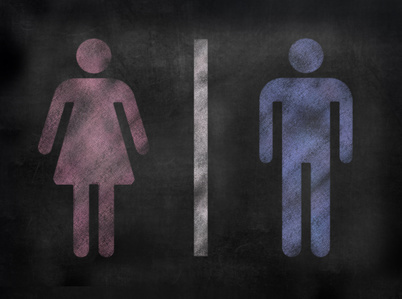It is unlawful to discriminate against either a female, male or married person from the start of the recruitment process and throughout employment because of their sex.

It is possible to discriminate knowingly or unknowingly, in respect of advertising vacancies, recruitment, promotion, training and dismissal. It is also unlawful to discriminate against someone intending to, currently undergoing or having undergone a gender reassignment operation.
An employer can be held liable for discriminatory acts committed by their employees and it is also unlawful to instruct or induce someone to commit a discriminatory act or aid and abet someone in the performance of a discriminatory act.
Direct Sex Discrimination
This happens when somebody treats you less well than another person of the opposite sex on account of your gender.
There is no defence to direct discrimination.
Example
An employer promoting someone because they are single instead of an equally qualified person, or sacking a woman because she says she is pregnant or might start a family.
Indirect Sex Discrimination
This happens when you are put at a disadvantage to other people, because of some practice, procedure, or criteria that applies to everyone but puts you as a disabled person at a particular disadvantage; and there isn’t a fair explanation for that rule or practice.
Harassment
This happens when somebody behaves towards you in a way you don’t want, such as taunting or bullying, and the behaviour has the purpose or effect of violating your dignity (failing to treat you in a respectful way), or creating an intimidating, hostile, degrading, humiliating or offensive environment for you.
Your employer has a duty to protect you from harassment by the people you work with. If your colleagues bully you because of your sex, your employer may be considered responsible for this.
Example
An employee making sexual remarks or gestures, or an employer allowing displays or distribution of sexually explicit material, or giving someone a potentially offensive nickname because of their gender.
Victimisation
This is when somebody treats you less well than other people, because you have complained of disability discrimination; or they treat you less well because you have helped somebody else to complain about sex discrimination.
Example
An employer preventing you from going on training courses, taking unfair disciplinary action against you, or excluding you from company social events as a result of you pursing a claim for sex discrimination or helping someone to do so.
Make an Enquiry Now
If you believe you have suffered discrimination as a result of your sex, please contact us on 0808 168 7288, or complete the online contact form at the top right of this page.
